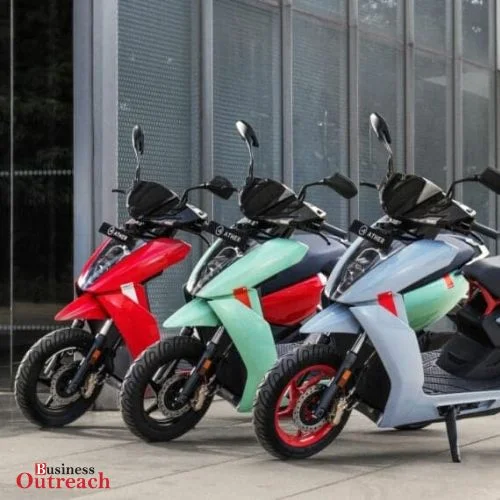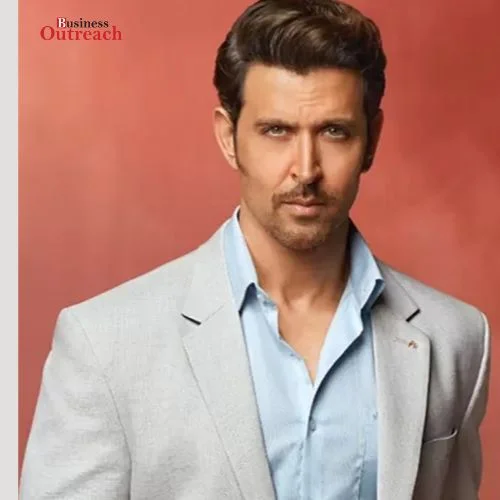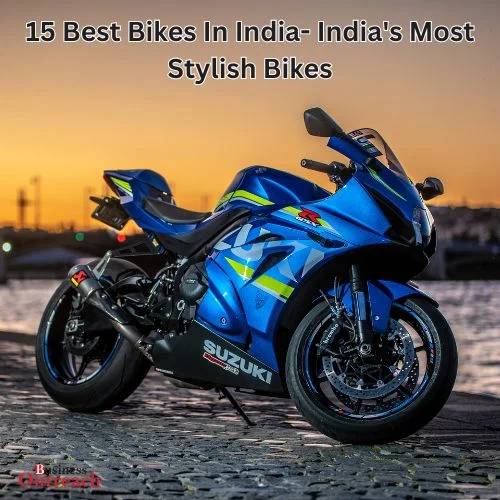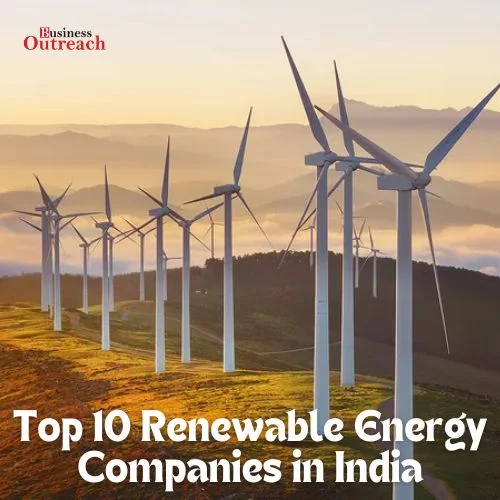According to a senior corporate official, Mercedes-Benz anticipates 2023 to be its best year in terms of sales in India as the market for upscale vehicles continues to expand following the Covid epidemic. The automaker, which sold 15,822 units in the Indian market in 2022—the highest number in the nation so far—expects the entire luxury automobile segment to have its best year ever in 2019.
Santosh Iyer, MD and CEO of Mercedes-Benz India, said in an interview with PTI that the business reported its best-ever half-yearly sales in India in the first half of 2023, with 8,528 units sold, a 13% year-over-year increase in sales.
“We feel the trend should continue, which should mean that we should be able to end this year on a record high once again,” he said as the third quarter of this year began.
Iyer stated that despite the market’s many obstacles, the company anticipates double-digit revenue growth this year.
“The currency rate continues to cause a lot of anxiety, and interest rates are rising even more. We still have three and a half months till the year is complete, so from an expectation standpoint, we can still be sure that it should be in the double digits, he said.
Iyer remarked that customers are choosing more expensive trims across its product line currently than they did in the past.
According to him, Mercedes-Benz feels that giving customers the appropriate experience and the correct equipment is more crucial than simply concentrating on increasing sales.
“We believe that doing the right things, getting the appropriate products, equipment, and customer experiences is more crucial because those things should ultimately drive volumes. It will be the result of the work we are doing, he said.
He pointed out that the domestic luxury automobile market, which now makes up around 1% of the entire passenger vehicle industry, might sell around 45,000 vehicles this year, making it the strongest year yet.
This year, we can see the industry expanding with everyone participating, and that’s a positive sign for the luxury car market’s general health, according to Iyer.
He observed that as more consumers, notably women and salaried workers, choose premium cars, demand is rising.
According to Iyer, “there is a growing trend to treat yourself to luxury goods… the volumes will come, it’s just a matter of time.”
According to him, luxury car penetration in India’s top 7-8 cities has already reached 2%, and it’s just a matter of time before the rest of the nation catches up.
When questioned about battery electric vehicles, Iyer responded that the three electric models the company now sells on the market represent roughly 4-5% of its overall sales.
He said, “It’s only a matter of time before this market matures and we see more adoption.”
In the next five years, Mercedes anticipates that electric vehicles will account for 25% of its sales in India.
Iyer responded when asked if the business may introduce more electric vehicles: “Of course there is a roadmap. We believe we must exercise patience because there are still many unanswered questions from the consumer’s standpoint, and it is our responsibility as OEMs to inform consumers.
As a result, it takes some time, and he stated that three to four years is a decent amount of time.
Even now, we can get additional items to reach the 25% (share of EV sales) threshold, but Iyer remarked, “I think we want to read the market.”
He pointed out that expanding the nation’s electric vehicle adoption will be aided by educating consumers about the technology and expanding the nation’s charging infrastructure.
In an effort to hasten the adoption of electric vehicles in the nation, the firm recently announced the expansion of its network of charging stations for these vehicles to consumers of other manufacturers.
“We feel that the more the EV ecosystem grows, the more will be the growth of brands,” Iyer said.















